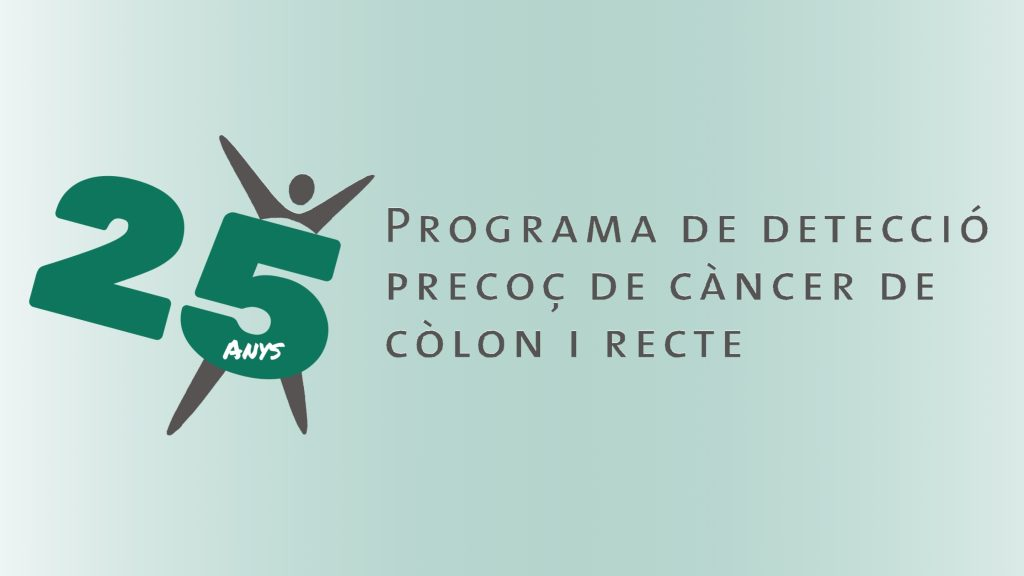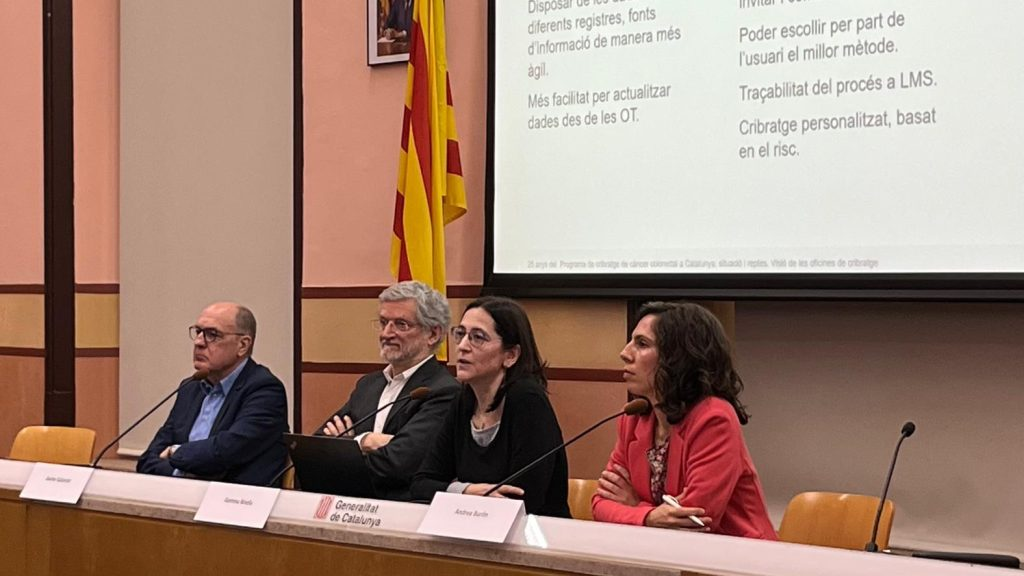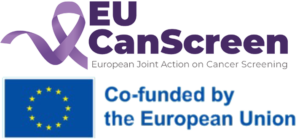25 Years of Colorectal Cancer Screening in Catalonia: Achievements and Challenges
A quarter-century of saving lives through early detection—experts celebrate progress and encourage even greater participation.

The Catalan Institute of Oncology’s Cancer Screening Unit (UCC) participated in the 25th-anniversary event of the Colorectal Cancer Screening Program, organized by the Catalan Department of Health. The event gathered key coordinators and experts to review the program’s achievements and discuss future challenges. The screening program, which began in the city of L’Hospitalet de Llobregat, was the first of its kind in Catalonia and Spain. It aims to detect colorectal cancer at an early stage, significantly improving survival rates. Colorectal cancer is one of the most common cancers, with over 6,000 new cases diagnosed annually in Catalonia. The program invites individuals aged 50 to 69 to undergo a free fecal occult blood test every two years, which helps identify potential precancerous lesions before symptoms appear. Since its launch, the program in L’Hospitalet de Llobregat has conducted nearly 400,000 tests, detecting over 5,000 precancerous lesions and diagnosing 577 cases of colorectal cancer, most of them at an early stage. Despite its success, participation remains a challenge. Although participation rates have improved from 17.2% in 2000 to 47.9% today, experts emphasize that half of the target population is still not benefiting from this life-saving initiative. Several factors influence participation. Women (47.93%) are slightly more likely to take part than men (45.19%), and older individuals (60–69 years) participate more than younger ones (50–59 years). Socioeconomic disparities also play a role, with significantly higher participation in the southern areas of L’Hospitalet compared to the north. For example, the Santa Eulàlia Sud health area has reached a participation rate of 53.4%. Health authorities continue to encourage participation, stressing that when detected early, colorectal cancer has a cure rate of over 90%. Alongside screening, experts recommend adopting a healthy lifestyle, including a diet rich in fruits and vegetables, reducing red and processed meat consumption, and avoiding smoking and alcohol to lower the risk of developing colorectal cancer. The Catalan Institute of Oncology represents Spain as the Competent Authority for EUCanScreen. ICO Also leads on WP7, Leads Task 7.5 and Co-leads Task 7.1. |

Subscribe to our newsletter to get news and updates.
Subscribe to our newsletter to get news and updates.

The general objective of EUCanScreen is to assure sustainable implementation of high-quality screening for breast, cervical and colorectal cancers, as well as implementation of the recently recommended screening programs – for lung, prostate and gastric cancers. EUCanScreen will facilitate the reduction of cancer burden and achieving equity across the EU.
This project has received funding from the European Union’s EU4HEALTH Programme under the Grant Agreement no 101162959










